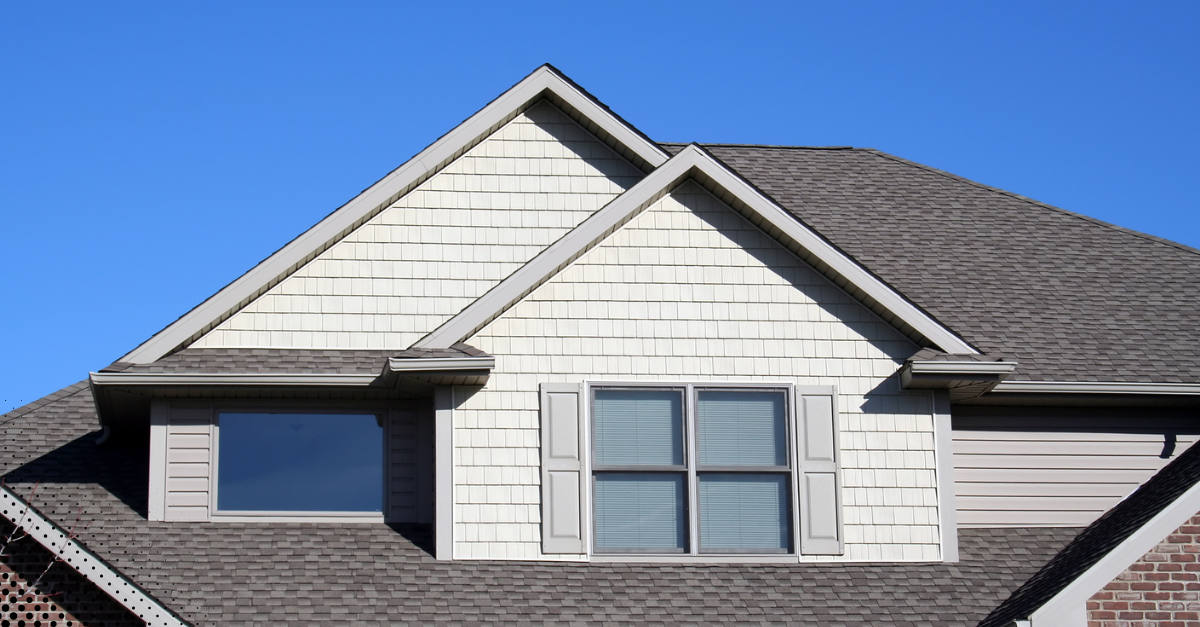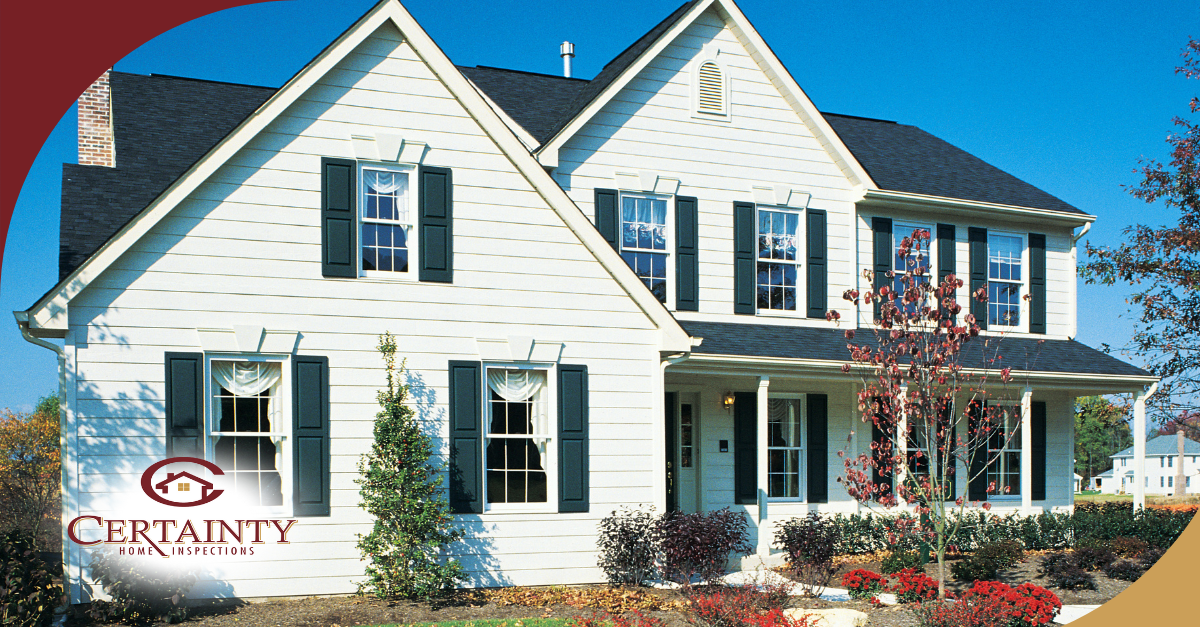 A Comprehensive Guide To Exterior Features Examined During A Home Inspection
A Comprehensive Guide To Exterior Features Examined During A Home Inspection
One of the most critical steps in purchasing a home is conducting a thorough inspection. While many buyers focus on the interior aspects of a property, it’s equally important to pay close attention to its exterior features. Understanding what exterior elements are typically examined during a home inspection can provide valuable insights for buyers, helping them make informed decisions and prioritize necessary repairs or maintenance.
Exterior Features Examined During A Home Inspection:
1. Roof: The roof protects the home from the elements, making its condition paramount. During a home inspection, inspectors carefully assess the roof for signs of damage, aging, missing shingles, and leaks. They also evaluate the roof’s material, structure, and overall integrity to ensure it’s in good condition and capable of providing adequate protection.
2. Siding: A home’s siding not only contributes to its aesthetic appeal but also serves as a protective barrier against the elements. Inspectors examine the siding made of vinyl, wood, cement board, brick, or stucco for any signs of damage or deterioration. Typical issues they look for include cracks, warping, rot, or indications of moisture intrusion, all of which can compromise the integrity of the home’s exterior.
3. Foundation: A solid foundation is essential for a home’s structural stability. During a home inspection, inspectors thoroughly examine the foundation for any signs of damage, such as cracks, settling, or water damage around the perimeter. Identifying and addressing foundation issues early is crucial for preventing more serious structural problems.
4. Windows and Doors: Properly sealed windows and doors are essential for energy efficiency and security. Inspectors check that windows and doors open and close smoothly and look for cracks or damage to the seals and frames. Ensuring that windows and doors are in good condition helps maintain the home’s energy efficiency and security.
 5. Gutters and Downspouts: Functional gutters and downspouts are essential for directing water away from the home and preventing water damage. During the home inspection, inspectors look for any signs of clogs, sagging, or damage that could impede water flow from the home. Addressing issues with gutters and downspouts promptly can help prevent costly water damage repairs in the future.
5. Gutters and Downspouts: Functional gutters and downspouts are essential for directing water away from the home and preventing water damage. During the home inspection, inspectors look for any signs of clogs, sagging, or damage that could impede water flow from the home. Addressing issues with gutters and downspouts promptly can help prevent costly water damage repairs in the future.
6. Exterior Grading: Proper grading around the home’s exterior ensures that water drains away from the foundation. Inspectors assess the slope of the land around the house to check for any potential issues with water pooling or drainage problems. Proper exterior grading helps to prevent water damage to the foundation and basement areas of the home.
7. Decks and Porches: Outdoor living spaces like decks and porches can add value and enjoyment to a home but must be structurally sound. During a home inspection, inspectors look for signs of rot, decay, loose boards, or inadequate support in these areas. Ensuring that decks and porches are in good condition is essential for safety and enjoyment.
8. Driveways and Walkways: Cracked or uneven driveways and walkways can pose safety hazards and detract from a home’s overall appearance. Inspectors carefully examine these areas for any signs of damage and assess the condition of the paving material. Addressing issues with driveways and walkways can improve the home’s safety and curb appeal.
Frequently Asked Questions (FAQs):
Q: Why is a home inspection important?
A: A home inspection is important because it helps buyers identify any existing or potential issues with the property. By uncovering these issues early on, buyers can make informed decisions and negotiate repairs or adjustments with the seller.
Q: How long does a home inspection typically take?
A: The duration of a home inspection can vary depending on the size and condition of the property. On average, it takes two to four hours to complete.
Q: Should I attend the home inspection?
A: It is highly recommended that buyers attend the home inspection. Attending the inspection allows buyers to ask questions, gain insights into the property’s condition, and better understand the inspector’s findings.
Understanding the exterior features examined during a home inspection is essential for prospective homebuyers. By familiarizing themselves with what inspectors look for, buyers can more accurately assess the condition of a property and plan for any necessary repairs or maintenance. A comprehensive inspection provides peace of mind and ensures that buyers are making well-informed decisions about their investment in a home.
Schedule Your Inspection Today!
Don’t let surprises spoil your dream home! Take proactive steps towards homeownership by scheduling a professional home inspection Louisville KY today. Our expert inspectors utilize the Essential Exterior Home Inspection Checklist, meticulously examining every aspect of your potential property. From checking for proper drainage to inspecting the condition of decks and porches, we’re committed to ensuring your dream home is a solid investment for the future. Don’t wait until it’s too late – call us at 866-417-9591 or Click Here to Schedule Now and buy confidently!

 A Comprehensive Guide To Exterior Features Examined During A Home Inspection
A Comprehensive Guide To Exterior Features Examined During A Home Inspection